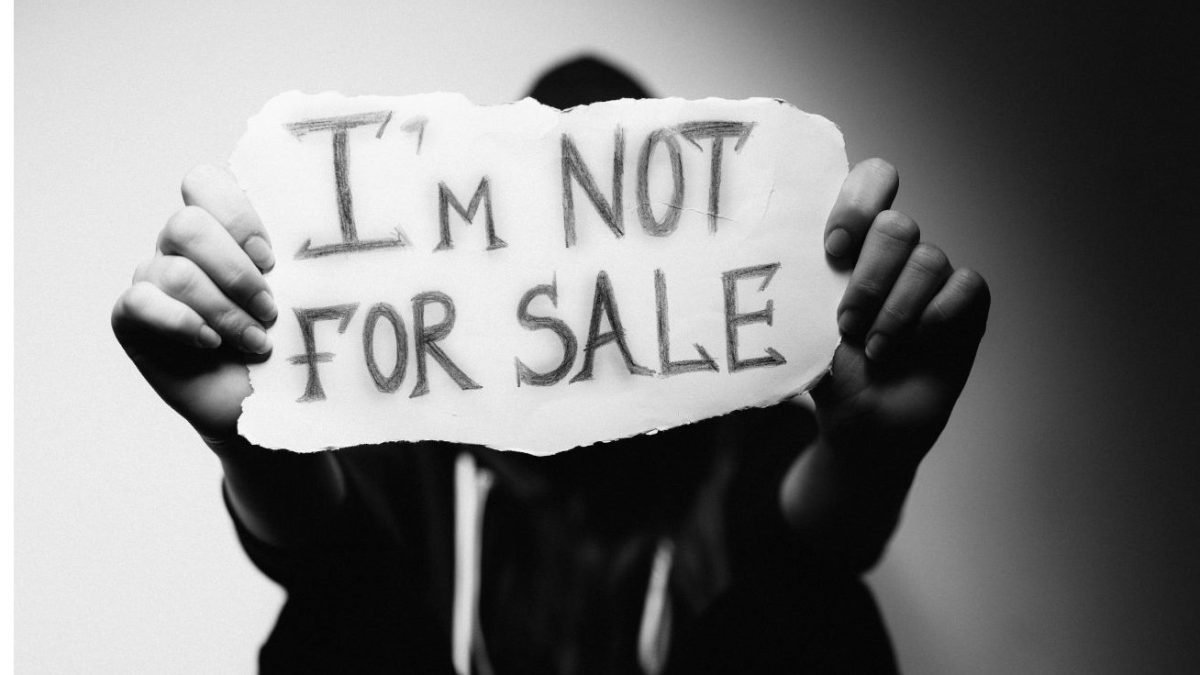Masood Khalid Khan
Child trafficking is one of the vilest manifestations of human exploitation—and in Pakistan, this sinister practice continues to thrive in the shadows. Reducing vulnerable minors to disposable commodities, trafficking preys on the most helpless in society. The recent arrest of Dr. Mubina Agboatwala, head of the NGO HOPE, by Pakistan’s Federal Investigation Agency (FIA), following a complaint by the US consulate, has reignited grave concerns. The allegations—centered on the illegal trafficking of minors for international adoption—cast a dark shadow over humanitarian work and point to serious gaps in oversight and enforcement.
According to the First Information Report (FIR), the case involves three adoption visa applications submitted to US authorities. Alarmingly, the infants named in these applications could not be traced in any orphanage or child welfare records. The social welfare department clarified that HOPE is not recognized as a legitimate orphanage in Pakistan and has no constitutional provision allowing it to place children for adoption. This objection was formally raised in September 2023, yet no meaningful action followed—until now.
https://www.youtube.com/@TheRepublicPolicy
This is not an isolated incident. In June 2023, another well-known rights activist, Sarim Burney, was similarly arrested after a US-based complaint related to child trafficking. Since then, the silence around his case has been deafening. Whether the charges against Dr. Agboatwala prove to be substantiated or not, the pattern emerging is troubling. There appears to be a recurring use of charity and humanitarian fronts as covers for a far more sinister business—the sale and export of children, disguised as adoption or rescue.
The FIA’s preliminary report claims that Dr. Agboatwala’s NGO handed over “abandoned babies” to families of a foreign community. However, HOPE has allegedly failed to provide any documentation showing that these babies were discovered near their facilities or lawfully surrendered through proper government channels. This raises critical questions: Were these infants genuinely abandoned? Were legal procedures followed? Or were they handed off in a system that lacks transparency and accountability?
https://facebook.com/RepublicPolicy
The consequences of unchecked child trafficking go far beyond illegal adoption. Minors in such operations are often sold into beggary rings, child labor networks, organ harvesting rackets, or drug trafficking operations. The damage done to these young lives is immeasurable and permanent. Pakistan has several laws to counter child trafficking, including the Prevention of Trafficking in Persons Act. Yet, enforcement remains weak, and coordination among relevant agencies is inadequate.
https://instagram.com/republicpolicy
Crimes involving children demand an uncompromising approach. The state cannot afford to be lenient when its most vulnerable citizens are being commodified and sold. This is not simply a question of NGO mismanagement or legal technicalities—it is a fundamental failure to protect children from harm. The FIA has a duty to thoroughly investigate such complaints, ensuring that cases are built on strong, admissible evidence. Anything less would allow traffickers to escape under the guise of benevolence.
Pakistan’s judicial system must also respond decisively. Courts should treat crimes against minors with the seriousness they deserve. Bail, delays, or procedural leniency only embolden traffickers and discourage victims’ families from seeking justice. When offenders walk free on technicalities, it sends a chilling message that children’s lives are expendable in the eyes of the law. Our legal system must evolve to put victims first—especially when those victims are voiceless infants.
https://whatsapp.com/channel/0029VaYMzpX5Ui2WAdHrSg1G
This crisis also demands international engagement. Given that foreign adoption is often the end destination in these cases, Pakistan must work in close cooperation with global child protection bodies and consulates. Cross-border frameworks for adoption, documentation, and background checks must be transparent and secure. If NGOs and agencies are involved in cross-border placements, they must be accredited, monitored, and audited. Pakistan must align its practices with international humanitarian standards to close the loopholes traffickers exploit.
What’s more, civil society and media must hold institutions accountable. It is no longer acceptable for high-profile arrests to be followed by silence and secrecy. Transparency must be the cornerstone of public trust. NGOs that work with children should be registered, regulated, and subject to routine inspections. A national database of surrendered and orphaned children must be maintained to prevent any disappearance or illegal transfers under the radar.
https://www.youtube.com/@TheRepublicPolicy
In conclusion, child trafficking is not just a criminal issue—it is a test of a nation’s moral fiber. The commodification of children reflects a breakdown of ethical, legal, and societal safeguards. Pakistan must rise to this challenge, not only by punishing the guilty but by building systems that prevent such crimes from happening again. Every child deserves to be born into safety—not sold into exploitation. The state must act decisively, without fear or favor, to ensure that the baby black market is dismantled once and for all.
















